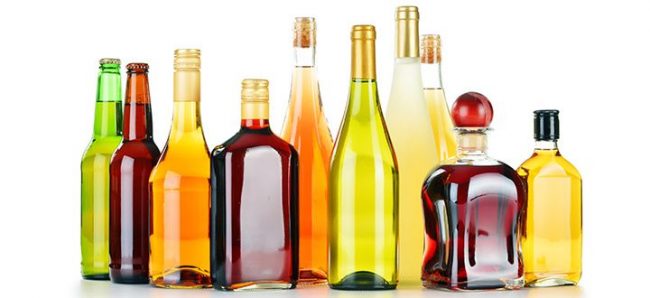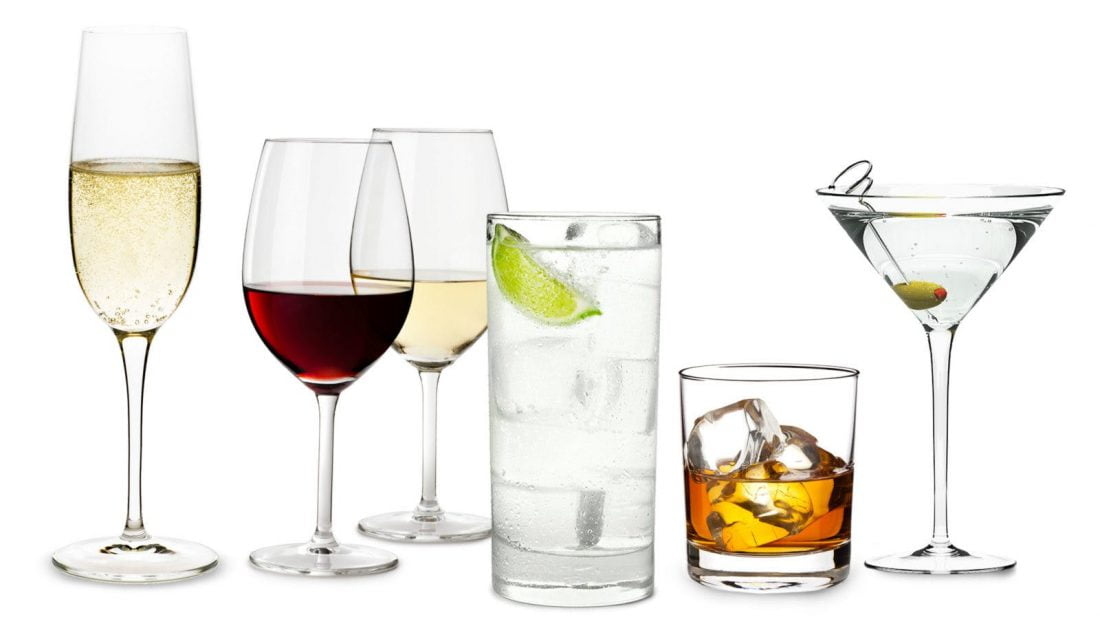Study says that, learning new language can be made easy after consuming alcohol. In a way, it makes sense: It also shows that a glass of wine or beer can lower the inhibitions those make it easier for those who dabble in learning a new language and it also helps to overcome the hesitation and nervousness.

On the other hand, alcohol is also shown to impair the motor and cognitive functions and have negative effect on your memory and attention thereby leading for overconfidence and the inflated self-evaluations.
The study also says that 50 native German speakers those who were studying at the Maastricht University which is located in the Netherlands near the border with Germany. All the people in the study said that they said that they used to drink alcohol sometimes since their classes were taught in Dutch and recently passed the exams demonstrating the proficiency in the language.
ALSO READ: SkyShuttle Is Launching Shared Business From Next Week
Every person was asked to have some casual conversation with the interviewer in Dutch. Prior to the chat, half people were given some water to drink whereas the others were given some alcoholic beverage. After that, it was found that the amount of booze on each one’s weight varied, but for 150 pound man, it was same under the pint of beer.

The interview conversations were recorded and the n scored by the two native Dutch speakers those weren’t aware of who had consumed alcohol. The participants were even asked for self-score of the own performances depending on the fluency they felt they had spoken.
Also, it was unexpected that alcohol had no effect on the self rating of the speakers, those who’d had a drink weren’t any more confident or pleased with their performances than those who’d had water.
But they did perform better, according to those who listened to the recordings. Overall, the native Dutch speakers rated people in the alcohol group as having better fluency — specifically better pronunciation — than those in the water group. Ratings for grammar, vocabulary and argumentation were similar between groups.
The authors point out that the dose of alcohol tested in the study was low, and that higher levels of consumption might not have these beneficial effects. After all, they write in their paper, drinking too much can have the exact opposite effect on fluency and can even lead to slurred speech.
On the whole, it is understood that the study findings must also be replicated in other groups for showing the results aren’t unique to the native German speakers or to people learning Dutch.
ALSO READ: Infosys Is Spending $76 Millions For Buying A Finnish Firm









